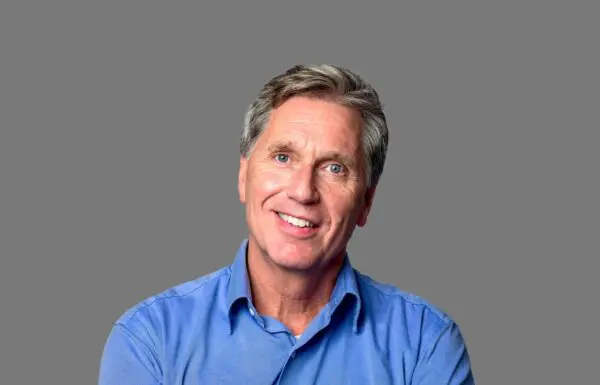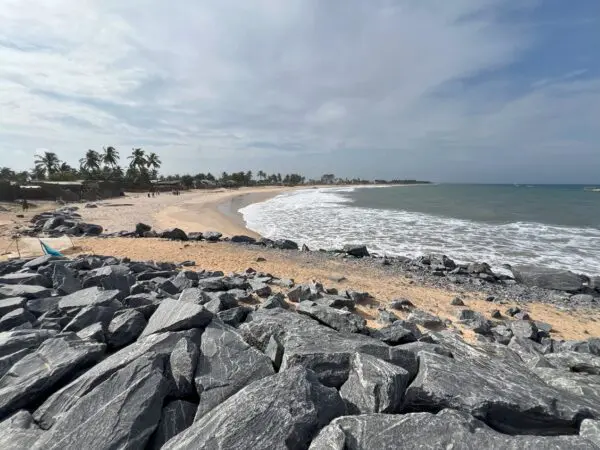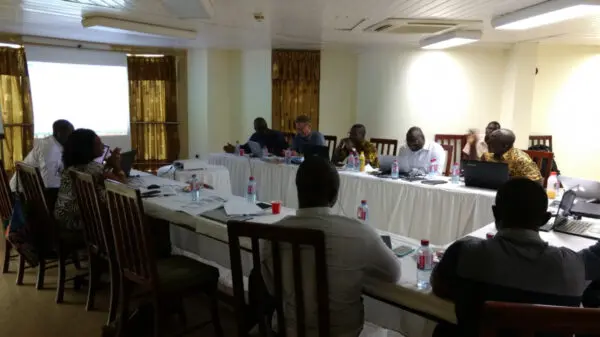Arthur Neher
Senior Advisor Environmental and Social Assessment

The NCEA has been working in Ghana already from 2008 to 2021 after which the country disappeared from the list of Ministry of Foreign Affairs. In 2023 we resumed activities as the country was back on the list as Combi (Trade & Development) Country.
Previous involvement on ESIA and SEA in the non-renewable (oil & gas and coal) sector is abandoned and we now focus on integrated water resource management (IWRM) and integrated coastal development programs under the Blue Deal Programme and the West African Coastal Areas (WACA) program. We expect that in 2025 we shall be increasingly involved in ESIA for upcoming artisanal mining activities.
As part of the Blue Deal programme, the NCEA provides information on the use of SEA in decision-making about coastal protection.

NCEA coached and supported an SEA for the Voltaian basin for oil and gas exploration in Ghana, to be developed in 2016 and 2017.
